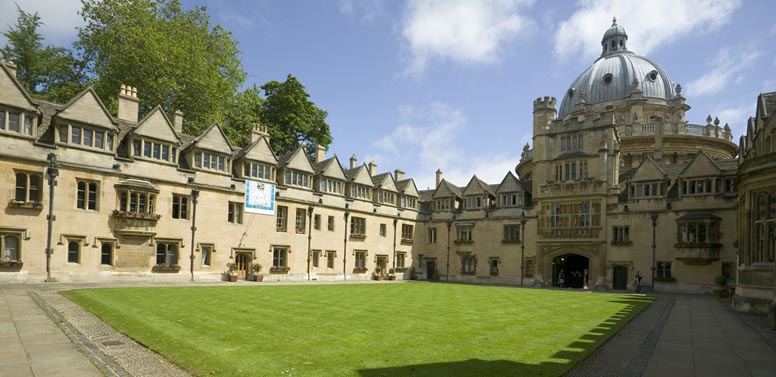This is one of a series of posts covering Pauline Roche’s (1835 -1894) marriage into the Barry family, and her daughter’s marriage into the related Smith-Barrys, and a look at where they all fit into both Irish, and British society. John Smith-Barry (1793-1837) was the grandfather of both Cecil Smith-Barry ( Pauline Barry[nee Roche]’s son in law, and also Arthur Smith-Barry, Lord Barrymore. In turn, John’s great-grandfather, James Barry, (1667-1748) was the 4th Earl of Barrymore.
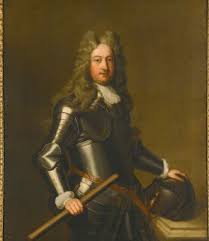
Lt.-Gen. James Barry, 4th Earl of Barrymore was born in 1667. He was the son of Richard Barry, 2nd Earl of Barrymore and Dorothy Ferrar. The Barrys were descended from an ancient, somewhat impoverished, Irish family. His grandfather had died from a wound received at the battle of Liscarrol while fighting for the Royalists, and while Barry’s father had sat in James II’s Irish parliament of 1689, his elder half-brother Lawrence had been attainted for remaining in England. Possibly the family had wanted a foot in both camps until the result of the Revolution became clear. Once William III had emerged victorious Barry’s father took his seat in the Irish House of Lords in the parliament of 1692, and his half-brother signed the Irish Association in 1697.
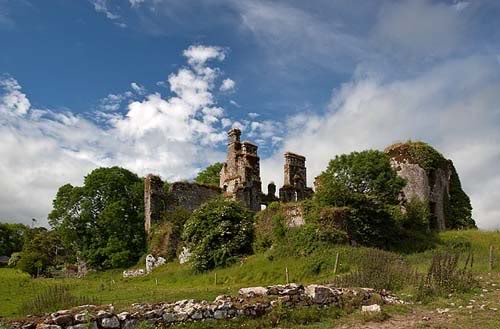
James Barry married, firstly, Hon. Elizabeth Boyle, daughter of Charles Boyle, 2nd Baron Clifford of Lanesborough and Lady Jane Seymour, before 1703. He married, secondly, Lady Elizabeth Savage, daughter of Richard Savage, 4th Earl Rivers in June 1706. It was an advantageous marriage but they married without the knowledge or consent of her father, Lord Rivers, who was informed of the event by Sir Roger Bradshaigh, 3rd Bt., in August 1706. On 12 Aug. Bradshaigh added the more reassuring information that “I am told my Lord Barrymore has in present near £1,500, and I find he is generally well spoken of about the town and indeed seems more concerned for disobliging your lordship than those who have been most active in this affair”. He married, thirdly, Lady Anne Chichester, daughter of Maj.-Gen. Arthur Chichester, 3rd Earl of Donegall and Lady Catherine Forbes, on 12 July 1716 at St. Anne’s, Soho, London, England. He died on 5 January 1748. He was buried at Castle Lyons, co. Cork, Ireland.
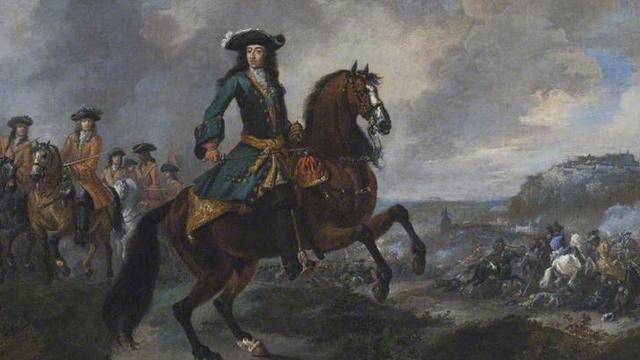
James Barry’s military career started in 1689, as a Lieutenant-Colonel in the service of the army of William of Orange. It came to an abrupt and unexplained halt in 1693, though the dowry of £10,000 he received from his first marriage may have removed the necessity of military service. He succeeded to the title of 4th Earl of Barrymore, 9th Viscount Barry , and 22nd Baron Barry on 17 April 1699. After succeeding to the title, Barrymore was granted a pardon in March 1700 “for all crimes and offences by him committed against his Majesty”, though these crimes were not specified, and in March 1702 he purchased a regiment of foot for 1,400 guineas from his brother-in-law, Sir John Jacobs. He was Colonel of the 13th Foot between 1702 and 1715. The regiment was sent to Spain in 1704, and Barrymore spent much of the next few years on active service in the Peninsula, though he had sufficient leave in London to get married for a second time,in June 1706. Barrymore’s regiment remained in the Peninsula, however, and he returned to Spain.He fought in the Battle of Almanza on 25 April 1707, where he was taken prisoner.and in May 1709 he was captured at Caya, being exchanged in August that year and returning to England where he was promoted to lieutenant-general in January 1710.
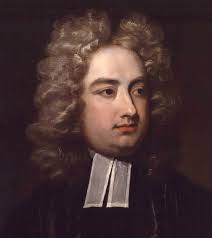
He was the Tory M.P for Stockbridge between 1710 and 1713, and again from 1714 to 1715 .In December 1713, Jonathan Swift wrote to the Earl of Oxford that ‘the Earl of Barrymore’s friends say he would take it kindly to be made a privy councillor’ in Ireland, and the suggestion was acted upon the following January. He was invested as a Privy Counsellor in Ireland on the 29th January 1714. In 1715, he was arrested on suspicion of treason, but nothing was proven against him.
Following the Jacobite Rebellion in 1715, Barrymore was removed from the colonelcy of his regiment, though he was one of the few Tories retained on the Lancashire bench in the aftermath of the rebellion. He was also the Tory M.P for Wigan between 1715 and 1727, and again between 1734 and 1747, largely through property rights inherited from his second wife’s father, Earl Rivers. Lord Rivers, had died in 1712, his will making no mention of his only legitimate daughter, Lady Barrymore, and leaving his estates in Lancashire, Cheshire, Yorkshire and Essex to his cousin, and the inheritor of the title, John Savage, a Roman Catholic priest, and after him to a natural daughter. Lord Barrymore at once challenged the settlement, and secured possession of Wardley in Lancashire and consequently control of the Rivers interest in the parliamentary constituency of Wigan. Barrymore secured his interest at Wigan in December 1714, and was returned for the borough at the 1715 election.
In the 1740s a disillusioned and elderly Barrymore was still active in Jacobite intrigue. He died on the 5th January 1748 in his eightieth year, the family interest at the borough of Wigan having been assumed by his son, Richard Barry
James Barry, had an infant son who died aged about one, with his first wife the Hon. Elizabeth Boyle who was the granddaughter of Richard Boyle, the 2nd Earl of Cork, and 1st Earl of Burlington.
He then had three daughters with Lady Elizabeth Savage
- Charlotte who died as an infant in 1708,
- Anne who died just after her marriage,
- Penelope who married General Hon. James Cholmondeley. Penelope ended up as the heiress of her maternal grandfather, Richard Savage, 4th Earl Rivers, and after her divorce from James Cholmondeley in 1737, he kept the lot eventually leaving it to his great-nephew George Cholmondeley, 4th Earl of Cholmondeley.
James Barry, and Lady Anne Chichester, who was the daughter of Arthur Chichester (1666 – 1706), the 3rd Earl of Donegall, had two daughters, and four sons. James Barry was, at best, a year younger than his father-in-law. Their children were:
- Lady Catherine Barry d. 1738 who appears to have been unmarried.
- Lady Anne Barry d. 21 Mar 1758, married Walter Taylor
- James Barry, 5th Earl of Barrymore b. 25 Apr 1717, d. 19 Dec 1751
- Hon. Richard Barry c. 1720 – d. 23 Nov 1787 M.P for Wigan between 1747 and 1761, he married Jane Hyde, daughter and h. of Arthur Hyde of Castle Hyde, Ireland, in 1749. They had an infant son who died in October 1751, just over two years after their marriage.
- Hon. Arthur Barry b. 1724, d. Oct 1770 unmarried
- Hon. John Smith-Barry b. 28 Jul 1725, d. 1784
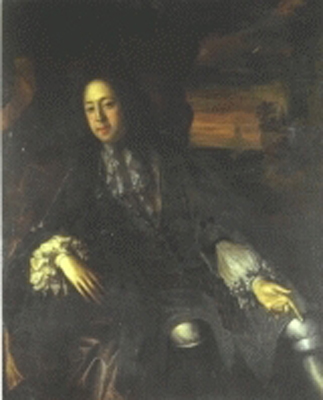
The children’s maternal grandfather, the Earl of Donegall was an Irish nobleman and soldier. He sat in the Irish Parliament called by William III in October 1692. Made a career in the English Army, and founded the 35th Regiment of Foot in Belfast in 1701, In 1704 he accompanied the regiment to fight in the War of the Spanish Succession in Spain, and was appointed Major General of Spanish forces. He was killed in action in 1706, at the siege of Barcelona, and was buried there.
